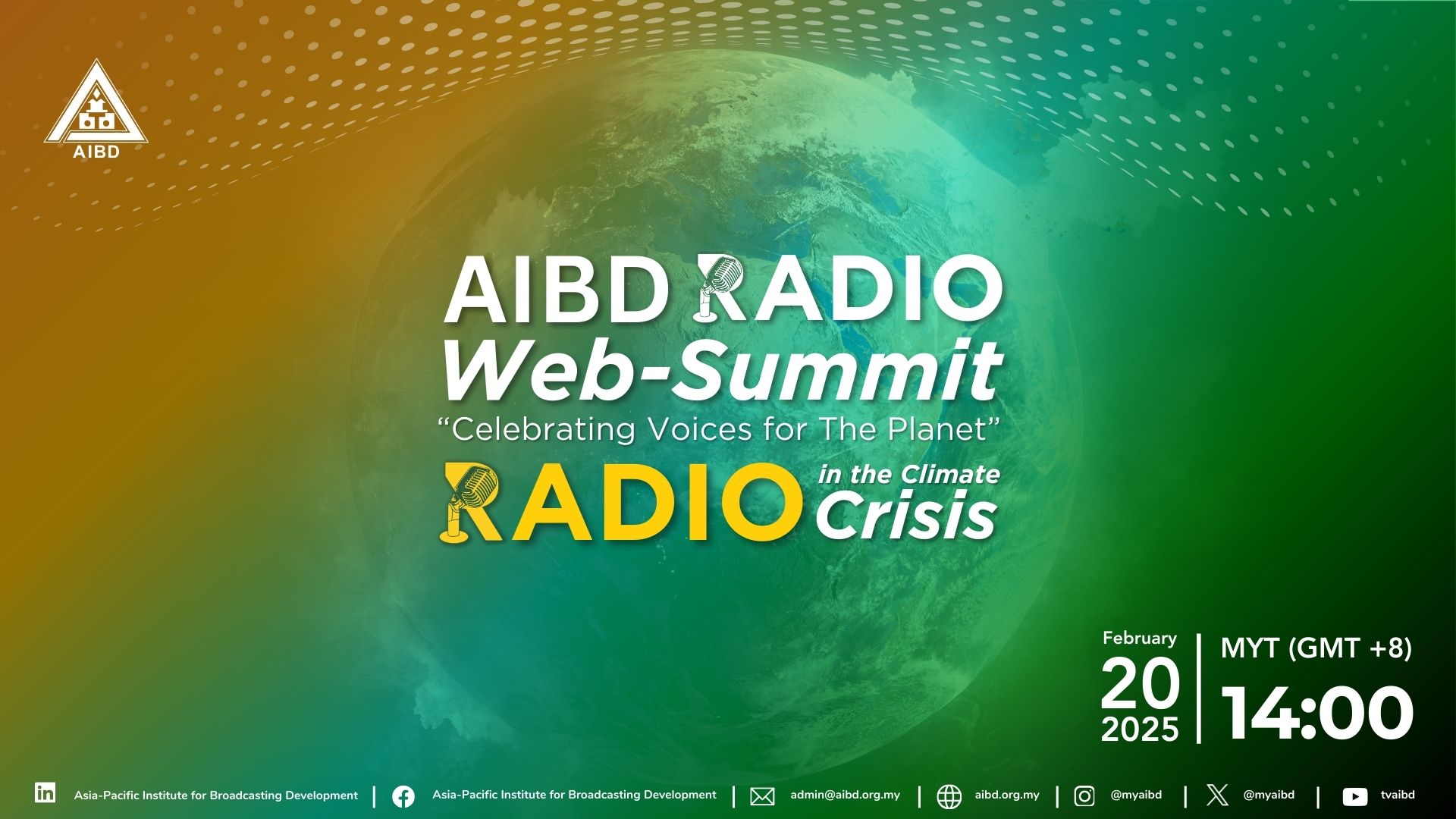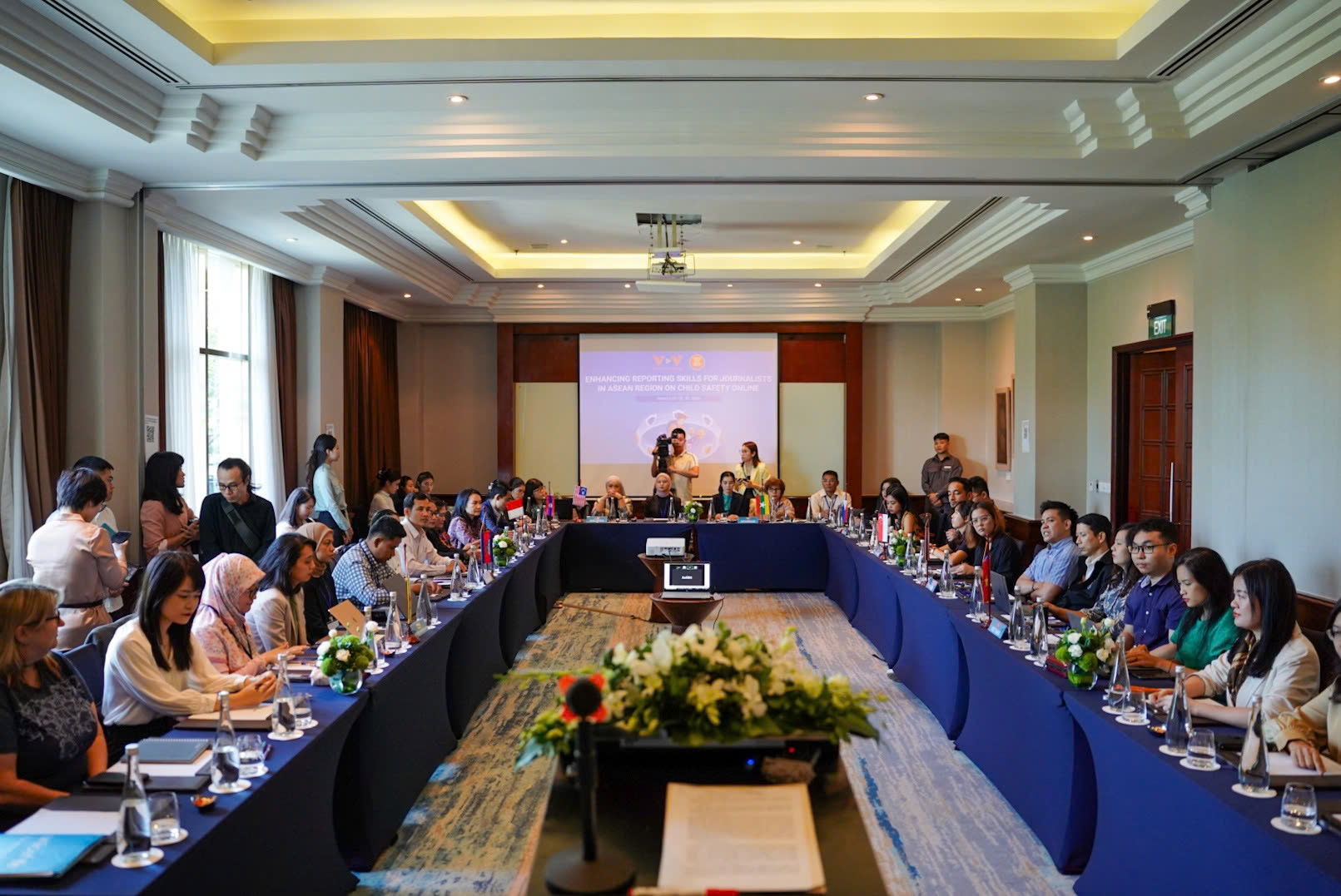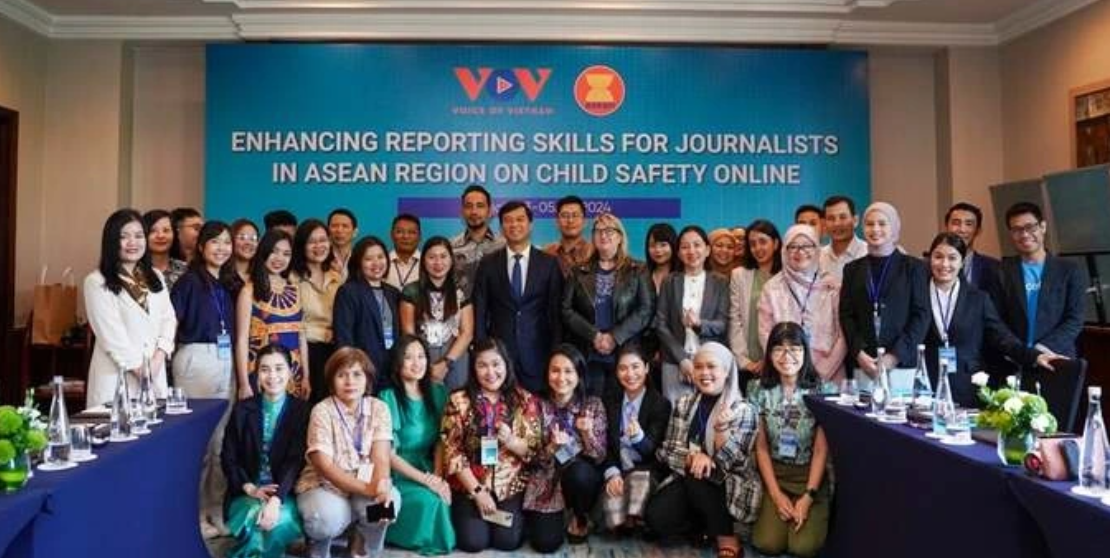AIBD-UNESCO-IPDC workshop on Capacity Building of TV News Reporters for Environmental Sustainability
Environmental sustainability, notably climate change, has become an unprecedented concern in the 21st century, and Central Asia was no exception.
AIBD-UNESCO-IPDC In-country workshop on Capacity Building of TV News Reporters for Environmental Sustainability was held from 17 to 23 November 2010 at Kazakhstan Institute of Management, Economics and Strategic Research (KIMEP) in Almaty. A local environmental non-governmental organization Central Asia Regional Environmental Centre (CAREC) partnered AIBD and the host organization KIMEP to successfully conclude the project.
Environmental sustainability, notably climate change, has become an unprecedented concern in the 21st century, and Central Asia was no exception.
AIBD-UNESCO-IPDC In-country workshop on Capacity Building of TV News Reporters for Environmental Sustainability was held from 17 to 23 November 2010 at Kazakhstan Institute of Management, Economics and Strategic Research (KIMEP) in Almaty. A local environmental non-governmental organization Central Asia Regional Environmental Centre (CAREC) partnered AIBD and the host organization KIMEP to successfully conclude the project.
Through the one-week training workshop those attended discussed and debated on issues confronted for extreme temperatures, carbon emissions, decreasing snow with retreating glaciers, changing rainfall patterns, and decreasing fauna and flora in Kazakhstan and examined how the media could play a role in providing access to accurate and balanced information on environmental sustainability.
This workshop enabled TV journalists whose training opportunities were considered as rare to update and be more literate in the sustainable development issues, including climate change, resource depletion notably in fresh water, the potentially destabilizing water-energy nexus in the Central Asian sub-region, air and earth pollution, as well as to examine possible actions and best practices against unsustainable development.
Building on earlier IPDC projects and UNESCO resource materials, the training helped the TV news journalists to upgrade their knowledge and skills in order to help them “understand and impart knowledge that is essential for the survival, growth, protection and development of Planet Earth”.
The aim of the project through the week-long workshop was to “encourage media to engage in public participation and to debate improvements that can lead to sustainable development” (Media as partners in education for sustainable development, UNESCO 2008) and to improve the abilities of TV news reporters to research, analyze and present balanced and contextualized coverage of environmental issues and challenges and their human impact.
The workshop was led by Prof David Mould, a freelance consultant engaged by AIBD to implement the training while local experts provided presentations on environmental issues on climate change and the melting of glaciers, the degradation of agricultural land and biodiversity while they critically evaluated scientific reports, data and statistics from government ministries, international agencies and environmental NGOs and related them to human impacts, placing environmental issues in their economic, social and political contexts.
Although English and Russian-language resource materials were be used, the purpose was not only to increase knowledge of environmental issues but also to improve the ability of TV news reporters to communicate complex information to non-scientific audiences. In other words, the general skills and knowledge can be applied to other areas of science. In addition numerous Readings and Resources on Environmental Journalism were used during the training.
To promote collaborative learning and make the best use of the limited time available, most projects and reports were team-based. As the final project, the ten participants worked in groups to research, script and produce TV news features on a current environmental issue in Kazakhstan, based on Internet research, interviews, and a field trip. They video recorded these issues at three locations—the Chimbulak glacier, a UNDP pilot agricultural project, and Almaty National Park.
The local administrative and logistics and assisting in the planning of content was assisted by Mr. Sanzhar Mustafin of (CAREC) supported by other staff members. Overall facilities support from KIMEP was coordinated by Dr. John Couper, chair of the Department of Journalism.
AIBD in particular places on record its sincere thanks to Mr. Sergey Karpov, NPO, Communication and Information, UNESCO Almaty Cluster Office for Kazakhstan, Kyrgyzstan, Tajikistan and Uzbekistan in Almaty, Kazakhstan for the advice, cooperation and the funding support provided and to Ms Irina Andreyeva, IT/CI Assistant, UNESCO Almaty Cluster Office for the assistance and cooperation extended.
[swf files=”images/IMG_0881.jpg&&images/IMG_0829.jpg&&images/IMG_0814.jpg&&images/IMG_0793.jpg&&&images/IMG_0896_0.jpg&&images/Participant.JPG&&images/Participant Ermek.JPG&&images/Herder.JPGimages/Farmstead.JPG”]
[swf file=”videos/english_subs_Maralsai.avi_0.FLV”othervars=image=video_thumbs/1973/video-thumb-for-1973-3.jpg”]




